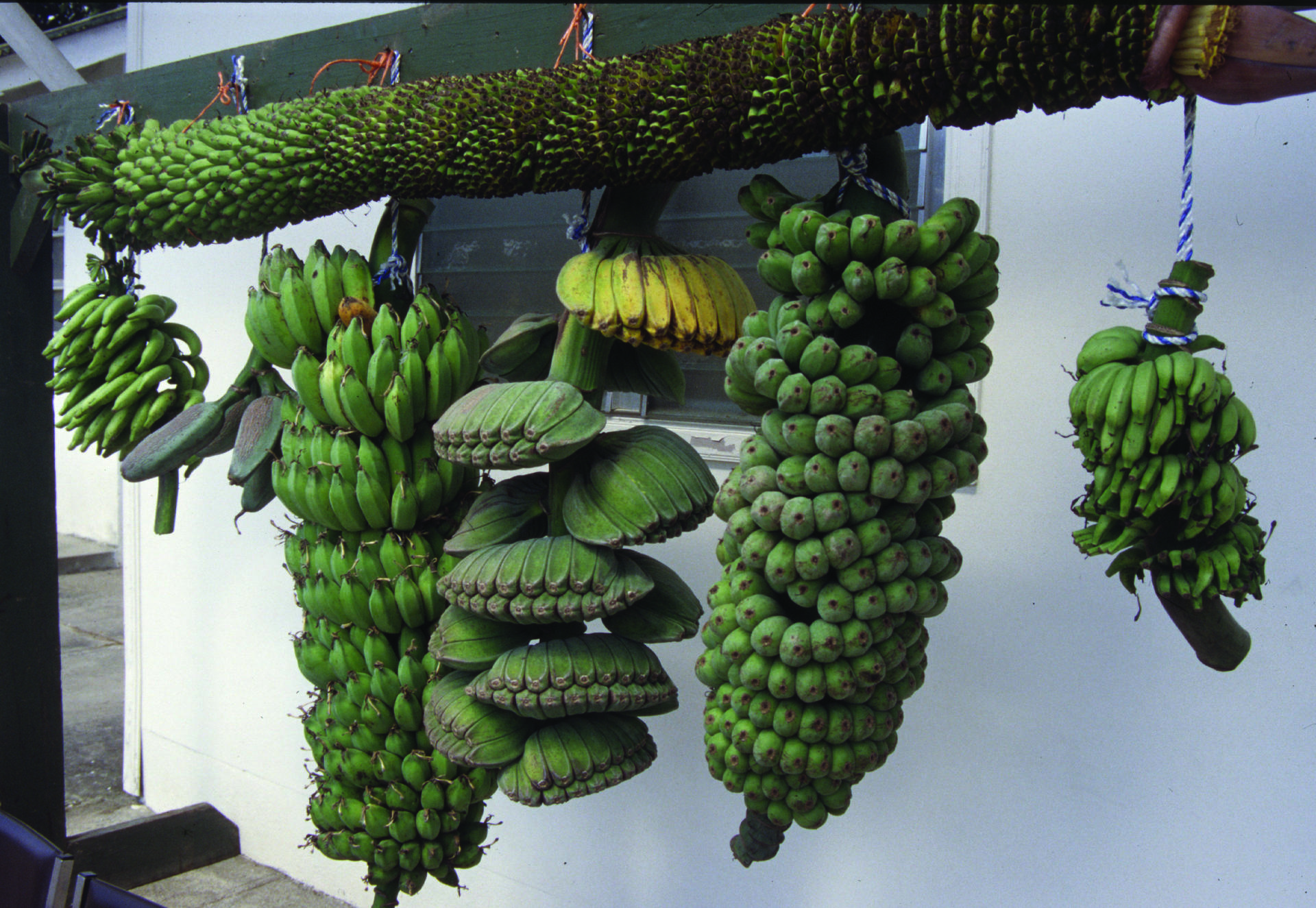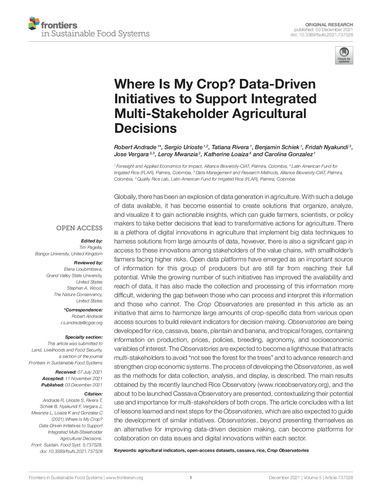Musa Observatory

The Musa observatory is an initiative led by the Foresight and Applied Economics (FAE) team and the Musaceae Program of The Alliance of Bioversity International and the International Center for Tropical Agriculture (CIAT) to establish an information system that provides indicators related to the global Musaceae production context for the benefit of key stakeholders in the sector. It includes data related to the context of Musaceae in each country, production system information, trade, and competitiveness information, Musaceae consumption data, inventory of technologies related to the crop, and recent news.
The information displayed on the platform is built based on data provided through open-access primary and secondary information sources from different national and international organizations, which is why we highlight the importance and contribution of these organizations.
The Musa Observatory is expected to become a lighthouse that attracts multi-stakeholders to avoid “not see the forest for the trees” and to advance research and strengthen crop economic systems.
In what context is this tool useful?
The Musa Observatory is a valuable tool for all stakeholders interested in Musaceous crops. It provides up-to-date information about the status of the crop to guide decision-making and identify new research questions.
The observatories are a tool in development, incorporating information from secondary sources worldwide based on data availability. As such, they are constantly evolving and improving.
Contact people
Economist and Project Manager based in Colombia, part of the Performance, Innovation, and Strategic Analysis for Impact (PISA4Impact) program of the Bioversity-CIAT Alliance.
Postdoctoral Fellow at the Foresight and Applied Economics Unit of the Alliance Bioversity-CIAT. He has a Ph.D. in Applied Economics from the University of Minnesota and was a Graduate Research Assistant jointly for the International Science and Technology Practice and Policy (InSTePP) and the International Center for Tropical Agriculture (CIAT).

